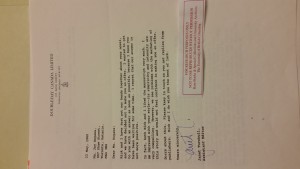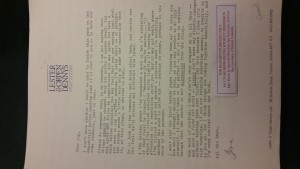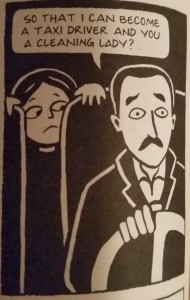Hello readers,
Can you believe it, we only have 2 more weeks of school before the start of final seasons. Time flies, and before you know it you are in year two already.
So this week in ASTU, we focused on Peter Morey’s article “The rules of the game have changed”; Mohsin Hamid’s The Reluctant Fundamentalist and post -9/11 fiction” . I personally is not too keen on this type of long article but Morey’s piece did provide a lot of insight and interesting key point. While reading the book The Reluctant Fundamentalist, the idea that the writer is Anti-American constantly pops up in my head. The fact that the main character Changez relationship with Erica never stood a chance or the amount of discrimination he experienced in the second half of the book convey the message that America is not as good as it seems to the readers. The idea that “us vs. them” is very strong. There is a constant struggle for me to decide who’s side to be on. Morey’s article answer just that question I had, no one is right or wrong. There isn’t a certain right answer and since dramatic monologue is bias.
Morey’s article stated that world novel like The Reluctant Fundamentalist can be used to record the experience of victims affect by 9/11 and how those people that lived deal with the after math. I agree with Morey’s idea because people usually place emphasis heavily on those that died in the tragedy but rarely put focus on those that lived. It serves as a kind of written history for those whose voice is usually unheard of. These novel also serve the purpose of keeping an eye of the hyper-conscious western world and its violent and self-aggrandizing politics.
I must admit this essay is somewhat dull and extremely long but nevertheless it provides the readers with much insight. Besides the knowledgable suggestion that Morey proposed about the book, what I love the most is perhaps the fact that he told us readers that is it fine to be stuck between the two sides because there is no definite answer as to who is right or wrong.
I hope you enjoy my short comment on Morey’s article and have a nice long weekend.



